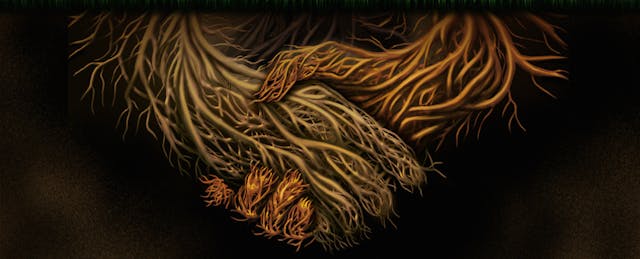Editor’s Note: ‘Tis the trendy season for trends, to reflect on 2015 and to make bold predictions about what next year may hold. This year, we asked thought leaders to share their outlooks on education, but with a twist. They have to frame their thoughts as a response to some of the finest college application essay prompts—yes, the very same ones that high school seniors are feverishly working on now!
Here’s what Carol Quillen, President of Davidson College, had to say.
Writing prompt: University of Chicago alumna and renowned author/critic Susan Sontag said, "The only interesting answers are those that destroy the questions." We all have heard serious questions, absurd questions, and seriously absurd questions, some of which cannot be answered without obliterating the very question. Destroy a question with your answer. (University of Chicago)
Q:What unique perspective does a minority student bring to a physics class?
A student’s perspective often comes from his or her background: different experiences breed different questions. The more diverse the group, the more varied the questions. Less stuff gets left out. Fewer bad assumptions go unchallenged. A diverse group takes less for granted.
So, the real question here is, does being a minority student give you a different perspective on a particular subject? Is minority status a good proxy for a different set of experiences? Would it lead you to ask different questions than those asked by a student in the majority?
Before John Hope Franklin, did most kids study the world that African-Americans built? Did we read Zora Neale Hurston? If Jean Fagan Yellin had believed her teachers, would we know that a black former slave named Harriet Jacobs, and not a white woman, wrote Incidents in the Life of a Slave Girl? If there were no female readers and scientists, who would have cared enough to argue against Henry Maudsley, who claimed that co-education made women infertile? If Cherríe Moraga and Barbara Smith had stayed home, would the narrow, if very real, issues confronting white privileged women still stand for feminism? Maybe Maryam Mirzakhani proved the theorem of the decade and won a Fields Medal in part because Maria Gaetana Agnesi studied hyperbolic surfaces in eighteenth century Bologna.
When the academy was even more homogeneous than it is now, did anyone think that diversity might matter for the production of accurate knowledge? Historians assumed that the family had no history, Europeans assumed the Zulus has no Tolstoy, and scientists measured skulls to justify racism.
We will grasp the full difference diversity can make in physics when more physicists are people of color. For now, all we have to believe is that members of minority groups might experience the world differently than members of the majority. And that, if you read the news, is not rocket science.


